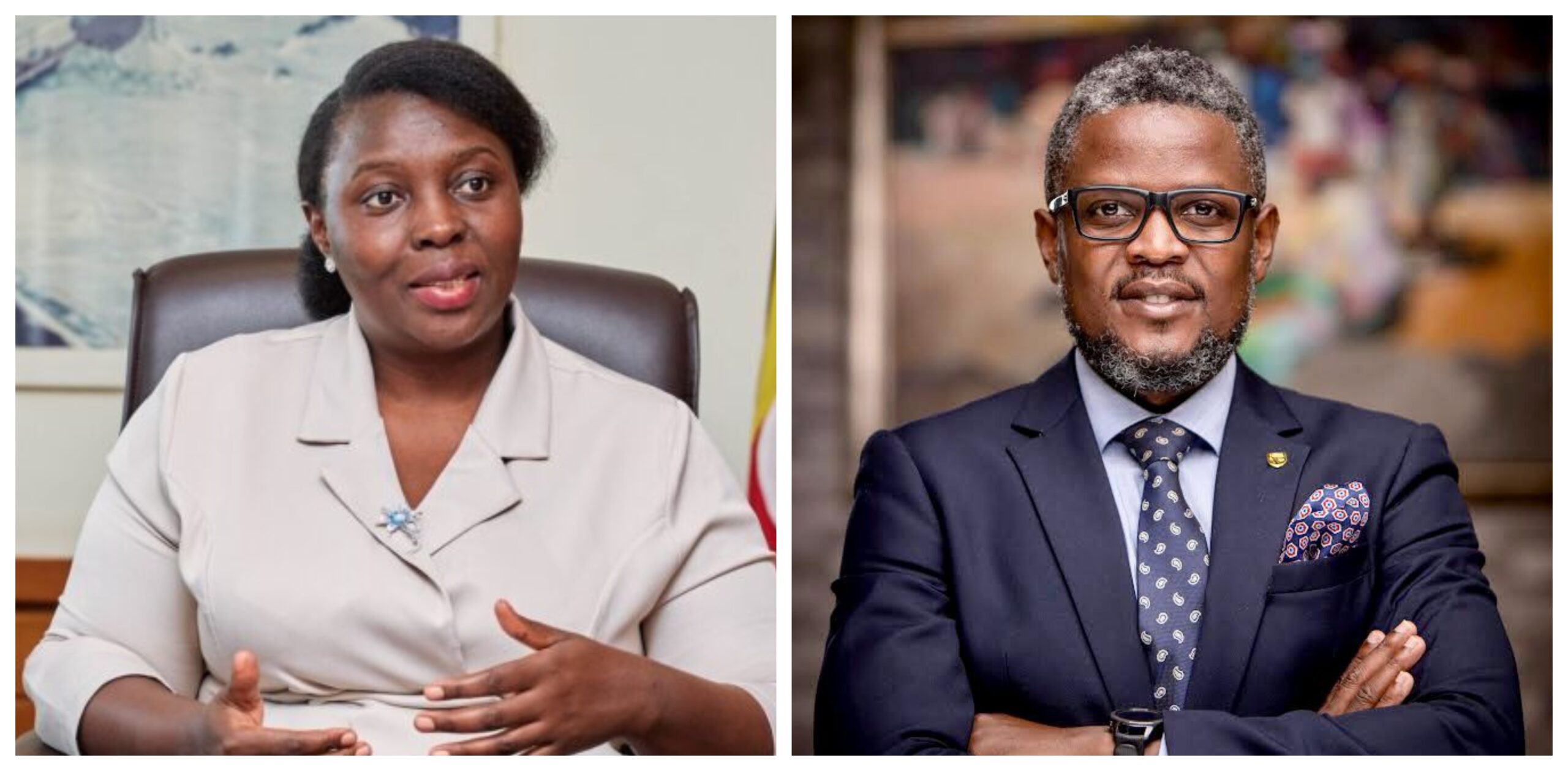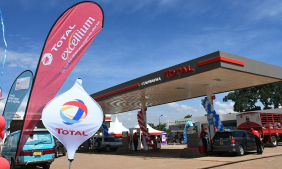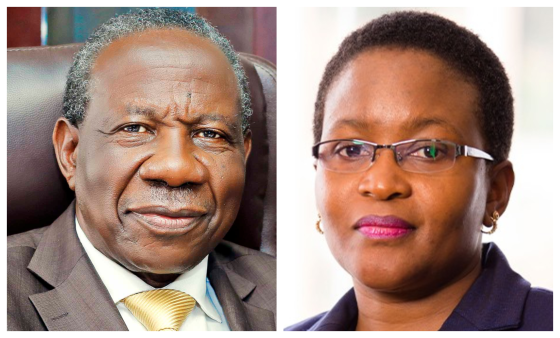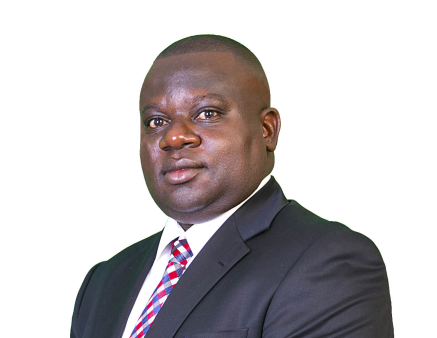Uganda’s Energy Ministry Permanent Secretary, Irene Batebe has, in an exclusive interview with the CEO Magazine, revealed that government is on course with Dubai- based Alpha MBM Investments to have agreements signed ‘soon’ for the financing and construction of the oil refinery at Kabalega Industrial Park in Hoima District.
The government oil refinery investment deal is under the belt of Uganda National Oil Company (UNOC) which handles the country’s commercial interests in the petroleum sector.
Tony Otoa, the UNOC Corporate Affairs Director said the details of the deal will be shared after financial closure, dismissing reports of an online article showing that the deal was ‘facing some difficulties’.
“We’re trying to finalise this deal, thereafter, we will share these details. The teams are working on it right, and that’s what they’re spending their Christmas break on. We’re in discussions and its a very sensitive thing,,” Otoa said in a phone interview.
Alpha MBM Investments, a United Arab Emirates-based company became the lead partner in Uganda’s oil refinery project, a pivotal undertaking for the country.
The company is led by His Highness Sheikh Mohammed bin Maktoum bin Juma Al Maktoum, a member of the Dubai Royal Family, was announced as the key partner by the Minister of Energy and Mineral Development, Hon. Ruth Nankabirwa.
The deal between Alpha and the government followed the expiration of a project framework agreement (PFA) with the Albertine Graben Energy Consortium in June last year.
A Memorandum of Understanding (MoU) was signed on December 22, 2023, between the government and Alpha MBM Investments outlining cooperation and negotiation terms for the refinery project.
“We are pleased to have a partner with financial strength and a solid reputation. Work will commence immediately after negotiations to recover the lost time,” Hon. Nankabirwa informed the media in Kampala early this year.
A substantial investment of at least US$4 billion is earmarked for the project, one of three crucial oil and gas initiatives alongside the East African Crude Oil Pipeline (EACOP) and the Upstream projects, namely Tilenga in Nwoya and Buliisa, and Kingfisher in Kikuube.
The project’s funding will consist of a split of an equity stake at a ratio of 60:40, implying that 60% of the funding will be by private investors, while government will shoulder the 40 percent stake through equity contributions from shareholders.
UNOC shareholding is split between the Ministry of Energy and Mineral Development at 51 percent, and the Ministry of Finance, Planning and Economic Development at 49 percent.
Negotiations on key commercial agreements with Alpha MBM Investments commenced on January 16, 2024. Their conclusion will pave the way for the construction phase.
Key commercial agreements are set to be signed before the Final Investment Decision (FID), encompassing the Host Government Agreement, Crude Supplier’s Agreement, and the Shareholders’ Agreement.
The Host Government Agreement, much like EACOP’s, will be executed between the government and the refinery company, yet to be established. It outlines commitments and obligations, including security and land ownership for the Government of Uganda, and issues related to National Content and Health Safety and Environment by the refinery company.
The Crude Suppliers Agreement is designed to secure the necessary feedstock of 60,000 barrels of crude oil per day required for the refinery and will be signed between the crude oil owners and the refinery company.
The crude oil owners include the Government of Uganda, represented by UNOC, TotalEnergies E&P Uganda, and China National Offshore Oil Corporation (CNOOC) Uganda Limited.
The Shareholders’ Agreement, to be signed by shareholders of the refinery company, details financial obligations, such as cash calls, defaults, and stipulates voting rights.


 TotalEnergies EP Hit With $100,000 Penalty Over Delayed Tax Audit Disclosures in Uganda
TotalEnergies EP Hit With $100,000 Penalty Over Delayed Tax Audit Disclosures in Uganda


